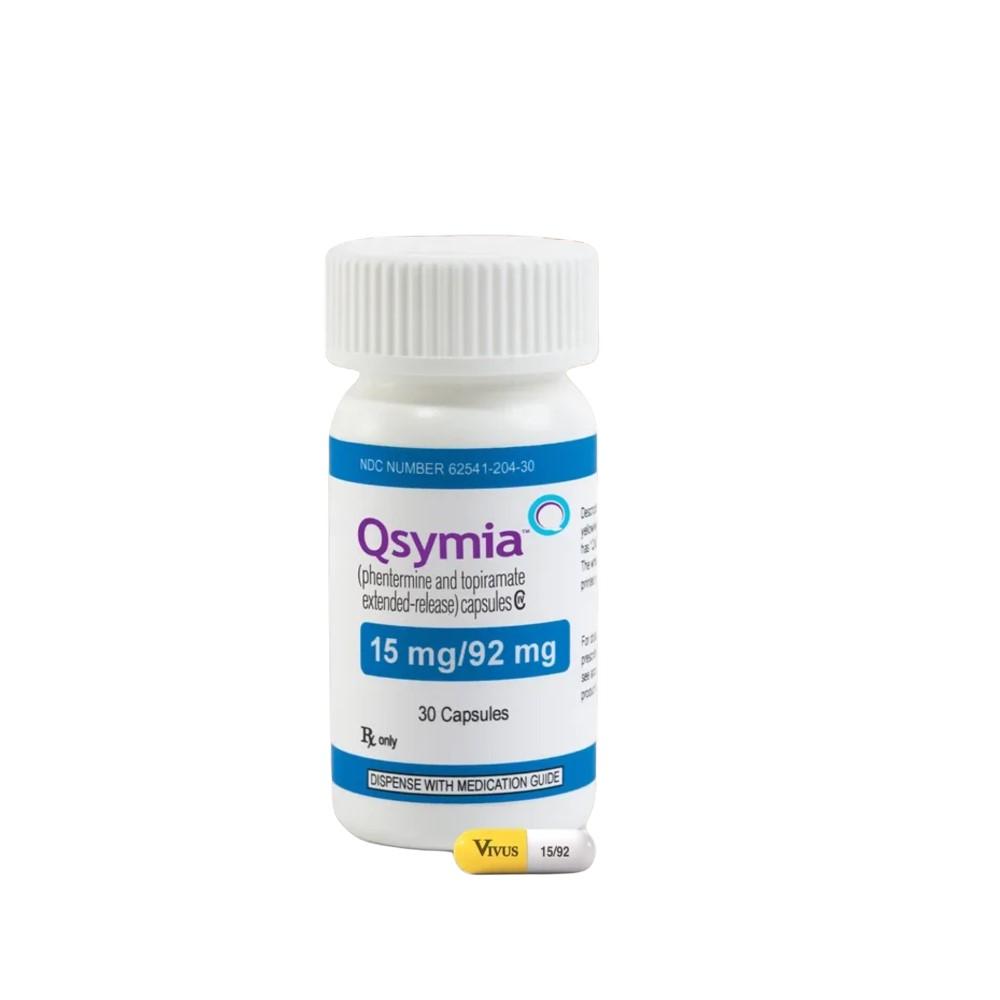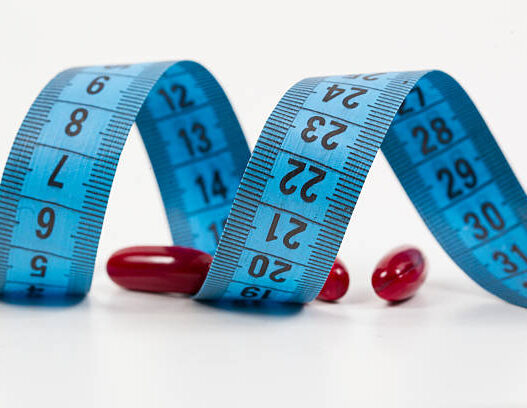For a lot of people, losing weight isn’t just about chasing a smaller number on the scale or squeezing into old jeans. It’s about feeling lighter—not just physically, but emotionally.
It’s about waking up without that sluggish fog, walking without aches, and finally feeling like your body’s working with you, not against you.
It’s about confidence, yes—but also comfort. Energy. Ease. That quiet joy of moving through the day without feeling held bac
Diet and exercise? They’re always the starting point. But sometimes, despite the meal plans and morning walks, the scale doesn’t budge. And that’s when doctors might suggest a little extra help—weight loss medications.
But with so many pills on the market, it’s easy to feel lost. What actually works? What’s safe? And how do these medications even help?
How Weight Loss Medications Can Gently Support Your Journey
They’re not shortcuts. Not magic pills. But for some people, weight loss medications can offer a little extra support—especially when diet and exercise alone aren’t enough.
Most approved options work in a few simple ways:
- They quiet the hunger. You feel full sooner, so you naturally eat less—without feeling like you’re constantly battling cravings.
- They block some fat. Some medications quietly step in and block a bit of the fat your body would normally absorb.
A little less fat gets absorbed, which means fewer sneaky calories hanging around. It’s not dramatic, but over time, it adds up.
Some meds also whisper to your metabolism—just a gentle push to help it burn energy a bit more efficiently, even when you’re not doing much. It’s not loud or fast, but it’s steady. Like a quiet engine humming in the background.
But here’s the truth: none of it works in isolation. These meds aren’t magic. They’re just tools. The real shift happens when they’re paired with the basics—balanced meals, slow movement, restful sleep, and a kind voice in your head that says, “You’re doing okay.” That’s the real foundation. Medications just help smooth the path when it feels uphill.
Evidence-Based Pills That Show Results
Orlistat (Xenical, Alli)
Orlistat weight loss pill:
- Blocks some of the fat you eat from being absorbed.
- People who are overweight or obese, under a doctor’s guidance.
- Proven effective in reducing 5–10% body weight.
- May cause digestive side effects like oily stools.
Phentermine
Phentermine is a prescription appetite suppressant. When paired with everyday habits, like mindful eating and a bit of movement, some medications can spark noticeable changes early on.
It’s not overnight magic, but the shift often shows up sooner than expected, especially when the body starts responding with a little more ease.
Should only be used for a limited period due to possible side effects (increased heart rate, insomnia).
Semaglutide (Wegovy, Ozempic)
Semaglutide (Wegovy, Ozempic) one mimics a natural hormone, GLP-1, that helps regulate appetite and blood sugar. It doesn’t just quiet hunger; it also helps the body respond better to insulin.
People using it often see a noticeable shift, studies show around 10–15% body weight loss over a year. Bonus? It’s especially helpful for those managing type 2 diabetes, offering support beyond just weight.
Bupropion-Naltrexone (Contrave)
Bupropion-Naltrexone (Contrave) combo works on the brain, specifically the areas tied to hunger and cravings.
It’s often a good fit for folks who struggle with emotional eating or binge patterns. Side effects can pop up, though, things like nausea, headaches, or dizziness. Not everyone gets them, but it’s worth knowing.
Phentermine-Topiramate (Qsymia)
Phentermine-Topiramate (Qsymia) one blends an appetite suppressant with a medication originally used for seizures and migraines.
It’s considered one of the most effective prescription options, with many people seeing 10% or more weight loss. But like all meds, it’s not for everyone, especially if you’re pregnant or have certain health conditions.
Why Some People Choose Weight Loss Medications
For some, the results come a little quicker. That early progress can be the spark, the thing that keeps them going when motivation starts to dip.
It’s not just about the number on the scale. It’s about feeling encouraged, staying consistent with healthier meals, and finally seeing the body respond after weeks (or months) of trying.
And beyond the mirror, there’s the deeper stuff. Less strain on the heart. Lower blood pressure. A reduced risk of diabetes quietly unfolding in the background. These meds don’t just change how you look, they can shift how your body feels, functions, and heals.Helps people who previously struggled despite effort.
Possible Side Effects
Like any medication, weight loss pills come with risks. Common ones include:
- Digestive issues (with Orlistat).
- Insomnia or increased heart rate (with Phentermine).
- Nausea and fatigue (with Semaglutide).
This is why doctor consultation is necessary before starting any pill.
Sara’s Story
Sara’s tried it all—low-carb, calorie counting, skipping dessert. But no matter how disciplined she was, the weight always crept back. A 35-year-old teacher juggling work and home, she felt stuck in a loop of effort and disappointment.
Then her doctor suggested Orlistat. It wasn’t a magic fix, but something shifted. With gentle walks, mindful portions, and the medication quietly blocking some fat absorption, her body began to respond. Six months in, she’d lost 9% of her weight, not just on the scale, but in how she felt. Lighter. Steadier. More in sync with herself.
This shows that pills are most effective when paired with lifestyle changes-not as stand-alone solutions.
Who Should Consider These Pills?
- People with BMI over 30 (obesity).
- People with BMI over 27 plus medical conditions like diabetes or high blood pressure.
- Those who tried diet and exercise but saw limited results.
A Few Things to Know Before You Start
Weight loss medications aren’t for everyone. If you’re pregnant, breastfeeding, or managing certain health conditions, they’re usually off the table.
Safety Isn’t Optional, It’s the Starting Point
Weight loss meds aren’t one-size-fits-all. What helps one person feel lighter and healthier might not sit well with someone else. Especially if you’re pregnant, breastfeeding, or navigating things like high blood pressure or diabetes, your body has its own story, and it deserves care that fits.
That’s why it’s not just about what you read online or hear from a friend. It’s about having that honest, face-to-face chat with a doctor who actually knows you, your ups, your struggles, your health history.
Someone who can help you sort through the noise and find what’s truly safe, not just popular.. Someone who can help you sort through the noise and find what’s truly safe, not just what’s trending.
Because in the end, it’s not just about losing weight. It’s about doing it in a way that protects your health, not compromises it.
Semaglutide? It’s powerful, no doubt, but the price tag can be steep, and insurance doesn’t always play nice.
So before diving in, it’s worth asking: What fits your body, your budget, and your long-term goals?
- Fact: Lifestyle changes are always required.
- Myth: Natural or herbal pills are always safe.
- Fact: Many unregulated supplements can be harmful.
- Myth: All pills work the same way.
- Fact: Each pill has a different mechanism and should be chosen based on individual needs.
Final Thoughts
Weight loss pills aren’t magic buttons. They’re quiet little helpers, meant to walk beside you, not race ahead. When used with care, and under the eye of a doctor who truly gets your body’s story, they can make the journey feel a bit less uphill.
But they’re just one piece of the puzzle. Lasting change doesn’t come from extremes, it grows from the small, steady things. Meals that actualy satisfy. Movement that fits into your day without feeling forcd. And those quiet check-ins that keep everything grounded and safe.
Remember
The pill is just the support system; your effort is the real driver of success. Every small step toward a healthier lifestyle is worth it, and you are stronger than you think!
























